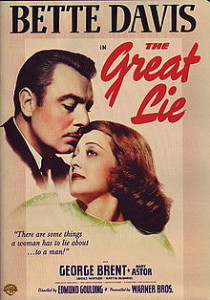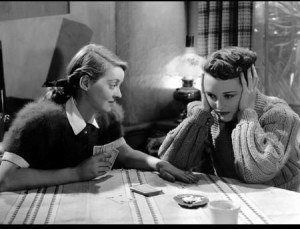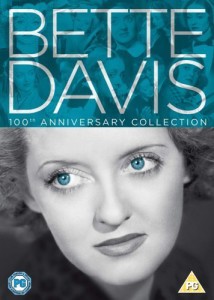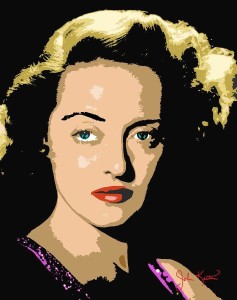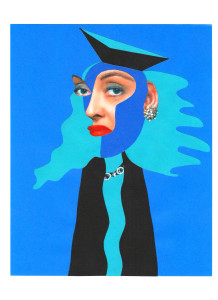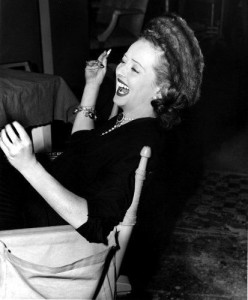The Great Lie **** (1941, Bette Davis, George Brent, Mary Astor) – Classic Movie Review 2736
Director Edmund Goulding’s polished 1941 drama The Great Lie is another of the outstanding movies from the prime of Bette Davis, then reigning queen of the Warner Bros studio. The Great Lie is a great Warner Bros soap opera, packed full of richly enjoyable absurdities and wonderfully entertaining.
Davis and her co-star Mary Astor fight it out over ten reels of celluloid, but it was Astor who went off with the Oscar – for Best Supporting Actress.
In Lenore J Coffee’s crisp screenplay from Polan Banks’s novel January Heights, concert pianist Sandra Kovak (Astor) finds her impulsive marriage to her aviator husband Peter Van Allen (George Brent) is invalid because her divorce wasn’t finalised. Peter leaves her, marries his old flame Maggie Patterson (Davis) but goes on business to Brazil where his aircraft goes missing. Maggie thinks he has been killed in an air crash in the jungle.
Now Sandra discovers she is pregnant by Peter, but wealthy Maggie offers to raise the child as her own and take care of Sandra financially, making a cash settlement on her rival. The duo go to Arizona to await the birth, and Sandra has a boy, named after his father.
The women’s weird love-hate relationship gives Astor the opportunity of doing the unthinkable – she out-bitches Davis (‘If I didn’t think you meant so well I’d feel like slapping your face’) on her way to grabbing her best support Oscar as the evil-tongued society beauty, which thereafter became her stock character in the movies.
However, in real life Davis and Astor bonded. ‘This picture is going to stink – it’s too incredible for words,’ Davis told Astor, ‘so it’s up to us to rewrite this piece of junk to make it more interesting.’ They eliminated many of the soap opera elements from their dialogue and created credible business for their characters.
OK, you could ask how could dull-seeming old Brent be the cause of such passion with the two women, but that would be unkind because once again he provides expert loyal support to Davis as he did in so many of her movies, a largely thankless, certainly unsung task in one of these so-called ‘woman’s pictures’.
Astor, ideal for the role as an accomplished pianist, was only hired on Davis’s insistence to studio head Jack L Warner over producer Hal B Wallis’s wishes. Astor thanked Davis in her Oscar acceptance speech for insisting her part be built up and Tchaikovsky for writing the music she seems to be playing. However, Astor’s piano was a dummy while Max Rabinovitch was playing a real one behind the scenes. Astor matched notes with the pianist for perfect synchronisation.
The movie’s other assets include the performances of actresses Lucile Watson (as Aunt Ada Greenfield) and Hattie McDaniel (as Violet), Goulding’s direction and Max Steiner’s typically soupy score.
Also in the cast are Grant Mitchell, Jerome Cowan, Thurston Hall, Russell Hicks, J Farrell MacDonald, Doris Lloyd, Charles Trowbridge, Virginia Brissac, Sam McDaniel and Addison Richards. Olin Howland’s scenes were deleted.
Davis said: ‘I wasn’t very excited about it’ but fan mail urging her to play a nice role for a change prompted her to accept. ‘Maggie was one of the few times I played a character basically like myself off the screen.’
Davis requested the film be premiered in Littleton, New Hampshire, on April 5 1941, her 33rd birthday, as a benefit for the local hospital.
© Derek Winnert 2015 Classic Movie Review 2736
Check out more reviews on http://derekwinnert.com

